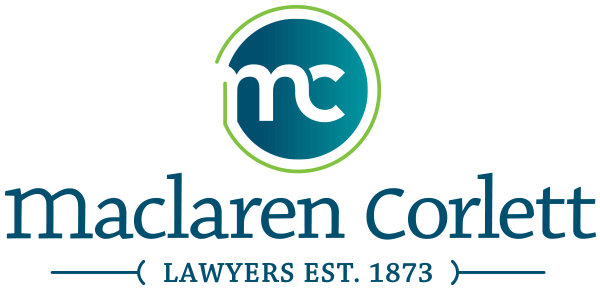It had been my standard practice to advise clients who were preparing their Wills that, as long as they had a responsible, capable, spouse or child available to act as executor/trix (estate trustee), it was an inexpensive and preferable option to using a trust company, a professional or a third party. This recommendation was always made with the proviso that the Will contain a clause allowing the estate trustee to engage professionals to assist (such as a lawyer to file the probate application, an accountant to file tax returns, etc.).
Recently I have had an increasing number of very acrimonious estate matters, several of which would appear to have arisen solely because of, or significantly exacerbated by, tensions or bad feelings amongst the siblings and/or children and grandchildren of the testator: particularly where one is both estate trustee AND a major beneficiary. While there are legal avenues to pursue in order to ensure that the estate trustee is acting properly and meeting their legal obligations, (which can involve a passing of accounts or other court applications) these options are typically available only after the administration of the estate is in progress, by which point relations between beneficiaries may have deteriorated to an unrecoverable level, while the value of an estate may be reducing by the legal costs incurred.
Whether this recent trend is a function of the increasing value of inheritances, greater avarice on the part of beneficiaries looking at the prospect of significant inheritances or simply a product of a more self-centred society, I do not know. What I DO know is that increasingly I groan inwardly when clients assure me that “the family gets along wonderfully” and that there would NEVER be any arguments about the administration or distribution of their estate.
What I am now increasingly suggesting to clients (particularly those with sizeable estates, blended families, numerous beneficiaries, or unusual methods for the distribution of their estate) is that they consider appointing an arm’s length, objective third party as their estate trustee – one who is not a beneficiary under the Will; such as their lawyer, accountant, or business partner. While this may (but may not necessarily) mean an increased cost to the estate in estate trustee fees (where a family member might not have charged as high/or any, fee) it will have the benefit of disposition of an estate without so many disputes, accusations of mishandling or misappropriating assets, or of conflicts of interest.
My advice when considering your estate trustee is…be cynical, ask yourself “what if?” … e.g. what if the family doesn’t get along? … hopefully the loved ones you leave behind will continue to be the caring, cohesive group you see them as now, but it may be a final act of consideration to NOT name any of your beneficiaries as your estate trustee.

